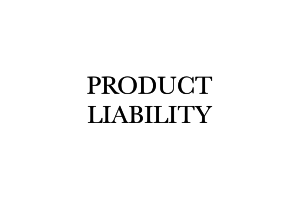THE 2018 NEW DEAL FOR CONSUMERS AND ITS CURRENT IMPLEMENTATION – Distinctive features of EU consumer law to be taken into account while setting up an e-commerce activity.
A 45′ Free webinar w/ Carlo Mosca.
In the recent years, the need to protect EU consumers buying online has increasingly populated the legal scenery with redefined concepts (in particular, duty of pre-contractual information, extensive definition of unfair practices, client’s right of withdrawal, price policy, special rules on off-premises sales, extent of the guarantees and post-sale services, the client’s rights on digital stuff, remedies for non -conformity, management of disputes, …).
Emphatically, all this has been labeled as a new Deal for Consumers, and we are now in the process of implementing an “Omnibus” directive (2161/2019)[1] which has rearranged a fair deal of the existing legal framework (namely the directive nos. 13/1993, 6/1998, 29/2005, and 83/2011).
On the top of that, sanctions system for non-compliance to the Directive obligations (as implemented by the various member States, of course) has been harshened.
As a result, for a trader or a manufacturer to supply B2C goods and/or services online requires nowadays a difference stance, sharply divergent from the traditional approach to B2B terms & conditions. Some consistent legal documentation must be aligned to that, also considering other rules to comply with – first of all, the GDPR on personal data processing.
It’s a complicated part of the world, isn’t it? However, one of the wealthiest in terms of spending capability.
As a legal firm we are experiencing an increasing number of business clients who ask for a redrafting of Terms & Conditions, specifically designed for their B2C activity.
_________
[1] Directive (EU) 2019/2161 of the European Parliament and of the Council of 27 November 2019.
To receive the link (on zoom) please send a request to events@lexmill.com













